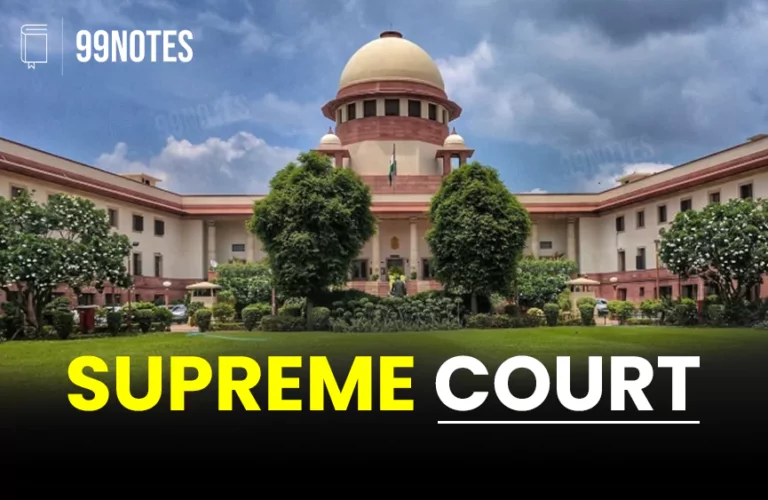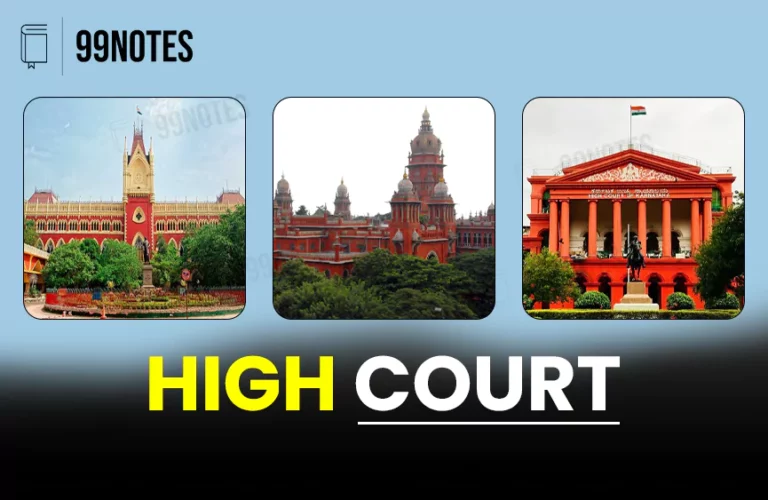Electoral Reforms
India, being the world’s biggest democracy and now dubbed as the “mother of democracy”, it becomes crucial to conduct a smooth transfer of power through free and fair elections that reflect the political and socio-economic aspirations of its people. In a democracy, it is through elections that the general public participates in public affairs and…


